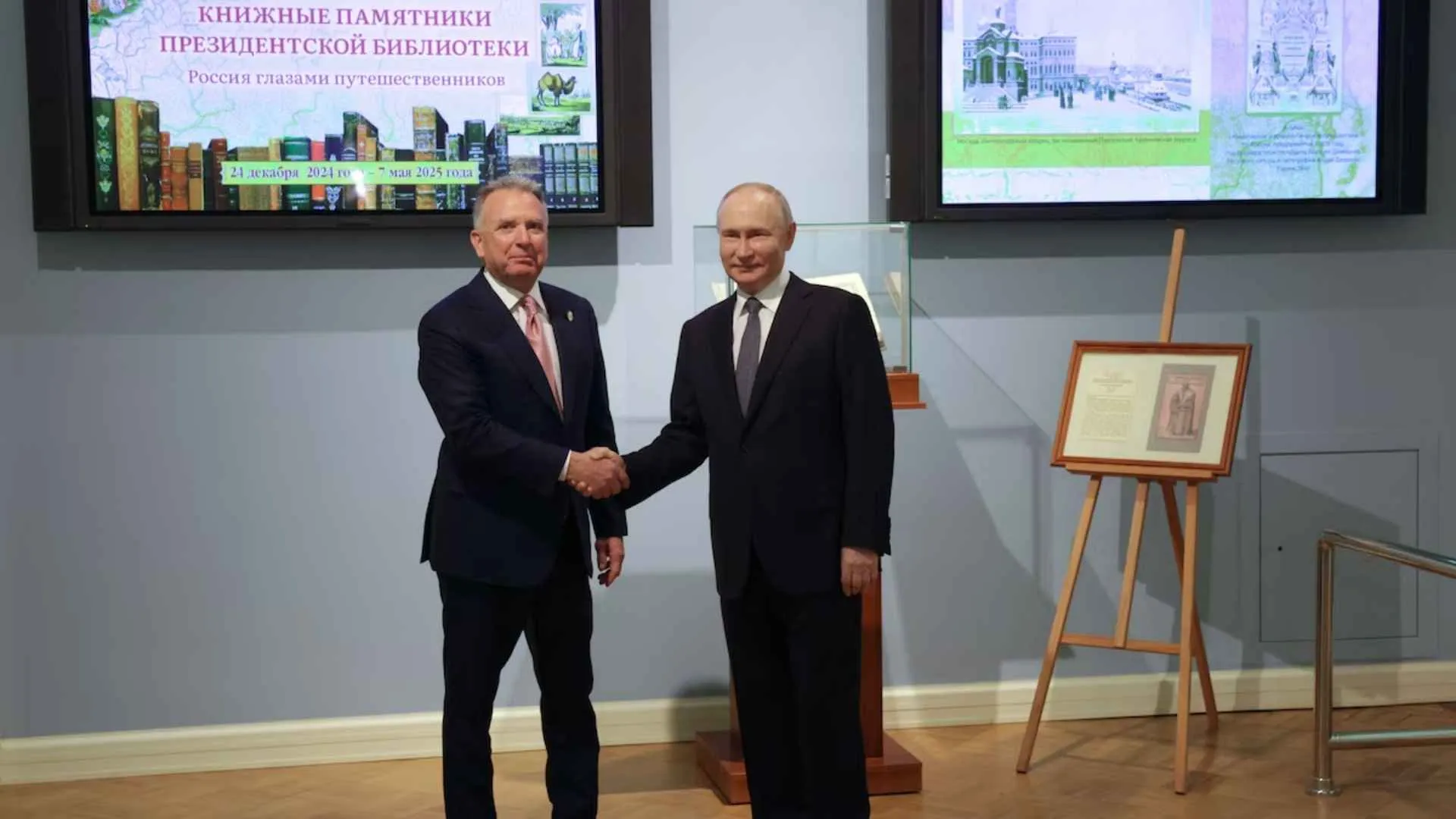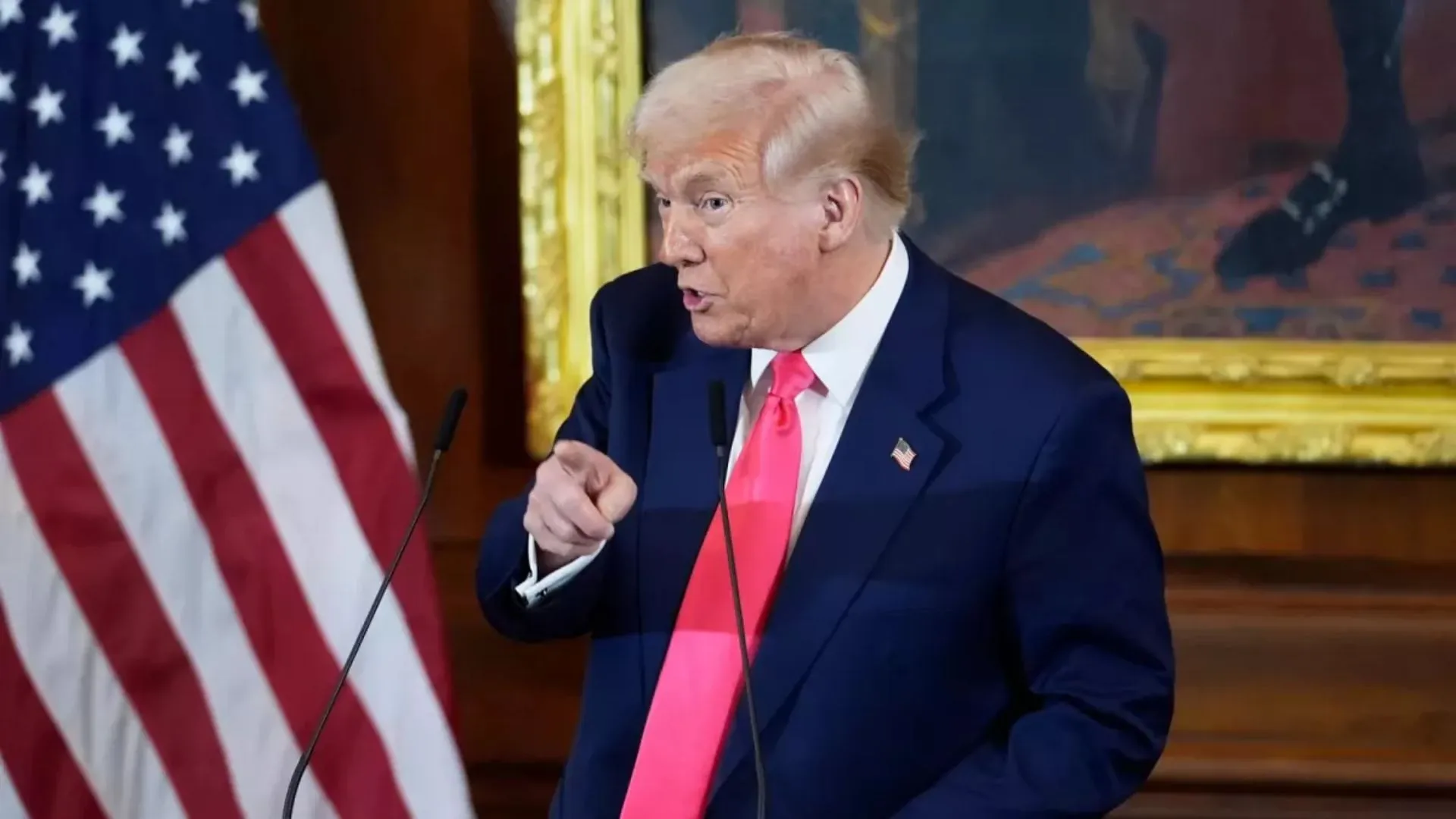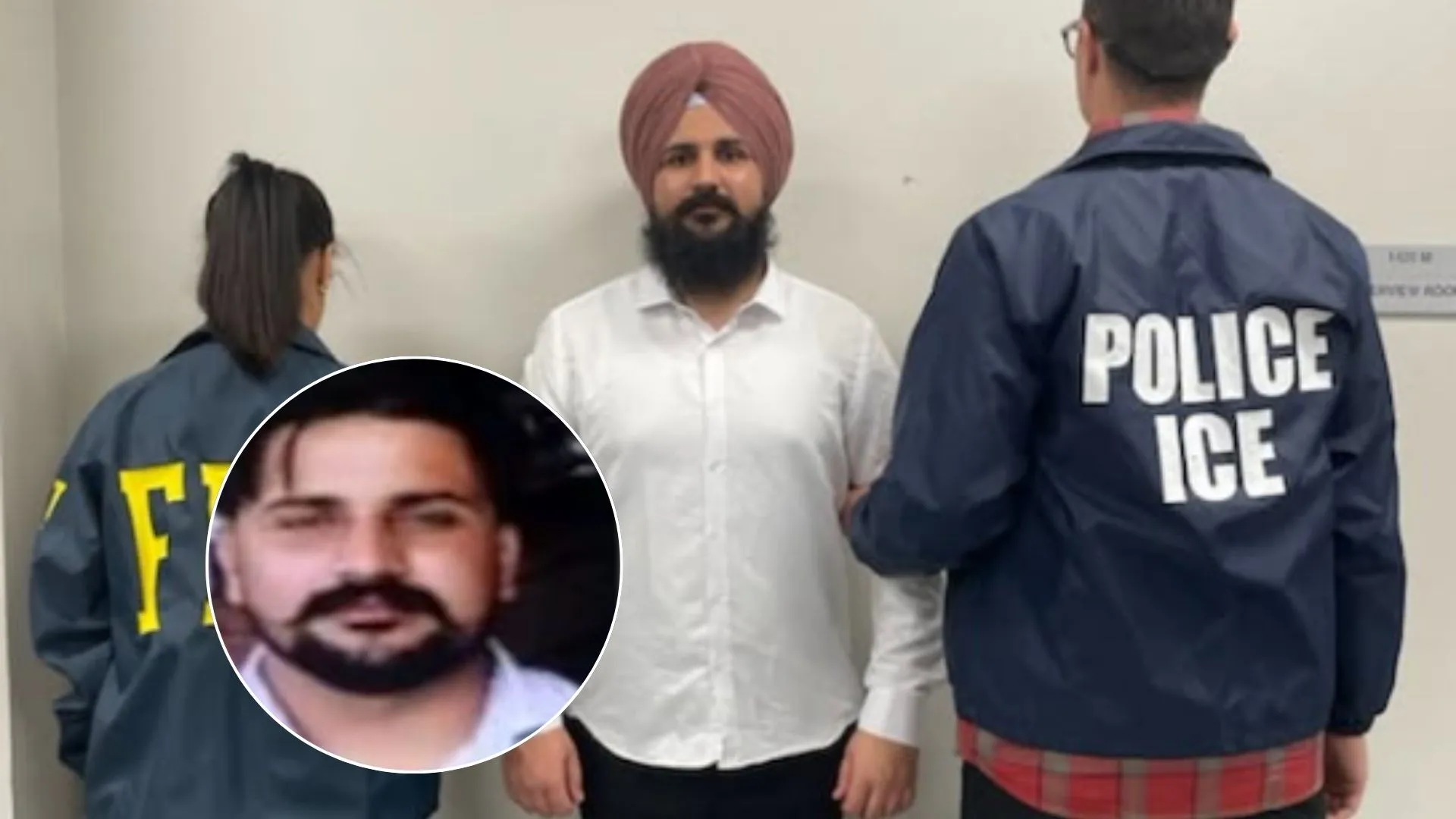US President Donald Trump’s envoy, Steve Witkoff, met Russian President Vladimir Putin in St Petersburg on Friday, as Trump publicly urged Moscow to act swiftly on halting the war in Ukraine. The meeting, the third this year between Witkoff and Putin, lasted over four hours and focused squarely on “aspects of a Ukrainian settlement,” according to the Kremlin.
The talks were described as “productive” by Russian special envoy Kirill Dmitriev, who was also present.
Trump voices frustration over ceasefire impasse
Trump, who has been seeking to broker a ceasefire between Russia and Ukraine, expressed visible frustration at the lack of progress. On Friday, he took to social media, posting, “Russia has to get moving. Too many people ere [sic] DYING, thousands a week, in a terrible and senseless war.”
Meanwhile, confusion swirled around remarks made by Trump’s Ukraine envoy, retired General Keith Kellogg. The Times reported that Kellogg had proposed a controversial plan involving British and French troops establishing zones of control in western Ukraine—while suggesting Russian troops could remain in the east.
“You could almost make it look like what happened with Berlin after World War Two,” the paper quoted Kellogg as saying.
However, Kellogg strongly denied this interpretation. He wrote on X (formerly Twitter), “The article misrepresented what I said. I was speaking of a post-ceasefire resiliency force in support of Ukraine’s sovereignty. I was NOT referring to a partitioning of Ukraine.”
European nations pledge €21bn in new military aid to Ukraine
Adding to the high-stakes context of the meeting, European countries on Friday announced a new €21 billion ($24 billion; £18 billion) military aid package for Ukraine. The pledge came as European defense ministers acknowledged there was still “no sign of an end to the war.”
Prior to the Putin-Witkoff meeting, Kremlin spokesperson Dmitry Peskov struck a cautious tone, warning reporters that they should not expect any major breakthroughs.
“The process of normalising relations is ongoing,” Peskov said.
When asked whether the talks could include setting a date for a potential meeting between Putin and Trump, Peskov responded, “Let’s see. It depends on what Witkoff has come with.”
Backchannel diplomacy on Ukraine war
Before his meeting with Putin, Witkoff had a separate meeting with Kirill Dmitriev at the Grand Hotel Europe in St Petersburg. The hotel was also hosting a conference on stainless steel and the Russian market.
Dmitriev, head of Russia’s sovereign wealth fund and a key figure in Russia’s diplomatic circles, had just returned from a visit to Washington—the highest-level visit by a Russian official to the US since the 2022 invasion of Ukraine.
On the same day, Ukrainian President Volodymyr Zelensky visited Kryvyi Rih—his hometown and the site of a Russian missile attack on April 4 that killed 19 people, including nine children. While paying tribute to the victims, Zelensky accused Russia of deliberately extending the war.
He also made a striking allegation that Chinese nationals were fighting alongside Russian forces. “We have information that at least several hundred Chinese nationals are fighting as part of Russia’s occupation forces,” Zelensky said.
“This means Russia is clearly trying to prolong the war even by using Chinese lives.”
He laid flowers in front of photos of some of the youngest victims—nine-year-old Herman Tripolets and seven-year-olds Arina Samodina and Radyslav Yatsko.
Trump-Zelensky tensions resurface as ceasefire talks falter
The ongoing backchannel talks have unfolded amid increasingly strained relations between Trump and Zelensky. Since beginning his second term, Trump has had a rocky rapport with the Ukrainian leader, culminating in a heated confrontation in the Oval Office in February.
Earlier this year, US and Russian officials also met face-to-face in Saudi Arabia for the first time since the war began. Parallel talks to restore full diplomatic relations between Washington and Moscow have also taken place.
Efforts by the US to negotiate a limited ceasefire in the Black Sea collapsed after the Kremlin demanded sanctions relief as a precondition—an ask Washington refused.
Trump later said he was “very angry” and “pissed off” with Putin for the lack of progress.
Also Read: Trump Envoy General Keith Kellogg Suggests Possible Partition Of Ukraine As Ceasefire Talks Stall























